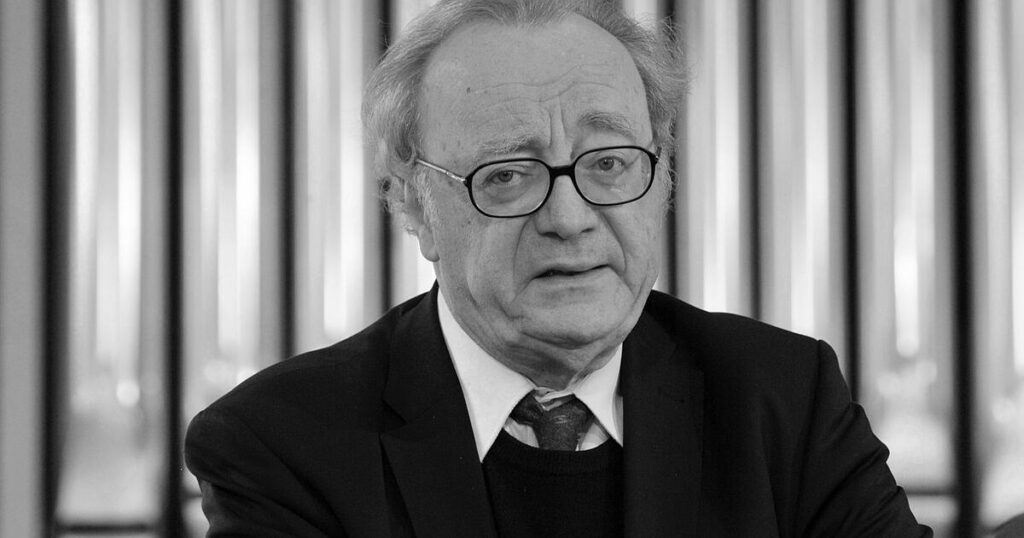
Introduction
Alfred Brendel, one of the most revered and influential pianists of the 20th and 21st centuries, has made a significant impact on the world of classical music. Renowned for his profound interpretations, technical brilliance, and engaging performances, Brendel’s artistry continues to resonate within the global music community. The relevance of his work can be seen not only through his performances but also in his contributions to music education and literature, making him a lasting figure worth discussing.
A Remarkable Career
Born in Wiesenberg, Austria, in 1931, Alfred Brendel displayed musical talent from a young age, studying under the guidance of his father and later at the Vienna Academy of Music. His professional career began in the 1940s, and by the 1950s, he gained considerable attention, performing with prestigious orchestras worldwide. His interpretations of Beethoven, Schubert, and Liszt have been particularly celebrated, offering fresh insights while remaining deeply respectful of the composers’ original intentions.
Contributions to Music and Education
Beyond performance, Brendel is also known for his writing on music, having authored several books that explore the intricacies of piano playing and music theory. His books, such as “Music, Sense and Nonsense” and “Lasting Lessons”, reflect his philosophical approach to music-making. Brendel has also played a significant role in the education of young pianists, often participating in masterclasses and sharing his knowledge with the next generation of musicians.
Recent Activities and Legacy
In recent years, Alfred Brendel has taken a step back from public performances, but his legacy lives on. He continues to be an influential figure, engaging in discussions about the future of classical music. Brendel is often invited to festivals, lectures, and discussions, where he shares his insights on artistry and interpretation. His commitment to the piano and music continues through the many students he has inspired over the years.
Conclusion
The legacy of Alfred Brendel exemplifies the essence of what it means to be an artist in the classical music world. His contributions extend beyond performance, reaching into education and music literature. As the music industry evolves, Brendel’s influence will undoubtedly continue to be felt, inspiring future generations of pianists and music lovers worldwide. For those who appreciate classical music, learning about Brendel’s work and philosophy provides valuable insights into the art of piano and the timeless beauty of music.



